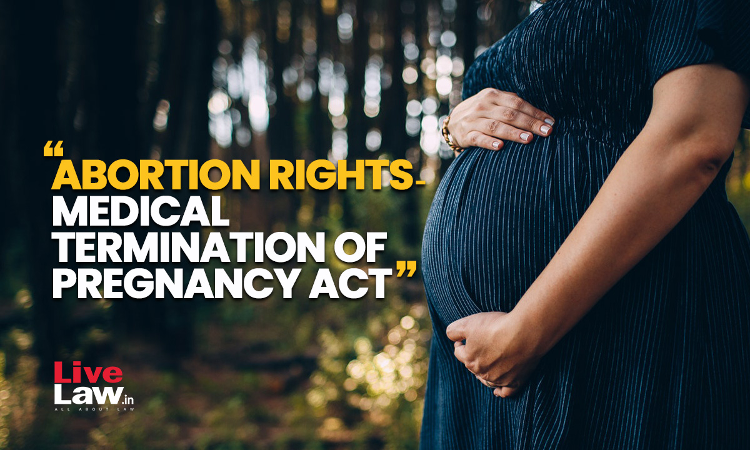The Bombay High Court has refused to allow a mentally challenged rape victim to terminate her 35-week (8.5 months) pregnancy after a board of medical experts opined it was a high risk to maternal health. A division bench of Justices Gangapurwala and AS Doctor said that the court would be guided by the report of the Expert Committee, but since the pregnancy was a result of rape,...

